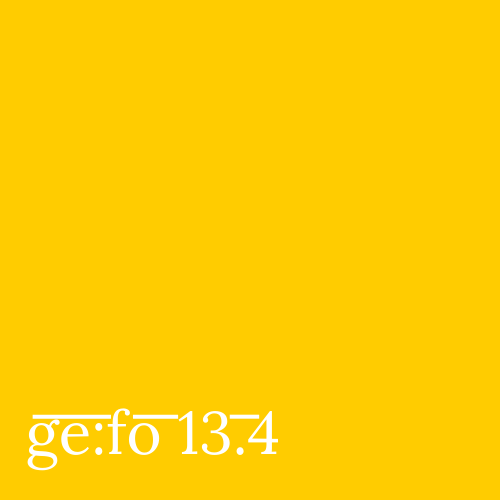On the Curious Case of a Black Slave Owner in Edward P. Jones's The Known World—or a Queer Reading of Black Abjection and Autonomy
DOI:
https://doi.org/10.18716/ojs/gefo/2014.2643Keywords:
Edward P. Jones, The Known World, Fetish, Enslavement, Black AbjectionAbstract
This exploration of the queer dimension in the African-American literary imagination will focus on Edward P. Jones's Pulitzer winning historical novel, The Known World (2003), in which a fictional black slave holder, Henry Townsend, maintains a curious intimacy with his former owner, William Robbins, during and after his enslavement. An alternative reading of the novel which this essay will offer is that Henry's slave owning stature is a manifestation of his reciprocated affection for his former master. This reading may first appear to be wishful, but if we look more closely at the favors that William does for Henry after he is emancipated, including purchasing Henry's first slave on his behalf and securing customer retention for Henry's business, it is clear that there is something more than friendship in the relationship between a white slave owner and his erstwhile black slave in an era when the two races were so deeply segregated. In thinking through what I dub a "queer apprenticeship" between Henry and William, this essay ultimately posits that interracial relationships are a site of ambivalence – on the one hand, Henry becomes the locus that orientates white subjectivity; but, on the other hand, since their affective tie is undergirded by William's fetishism for the structure of slavery, it in turn re-articulates black abjection.



